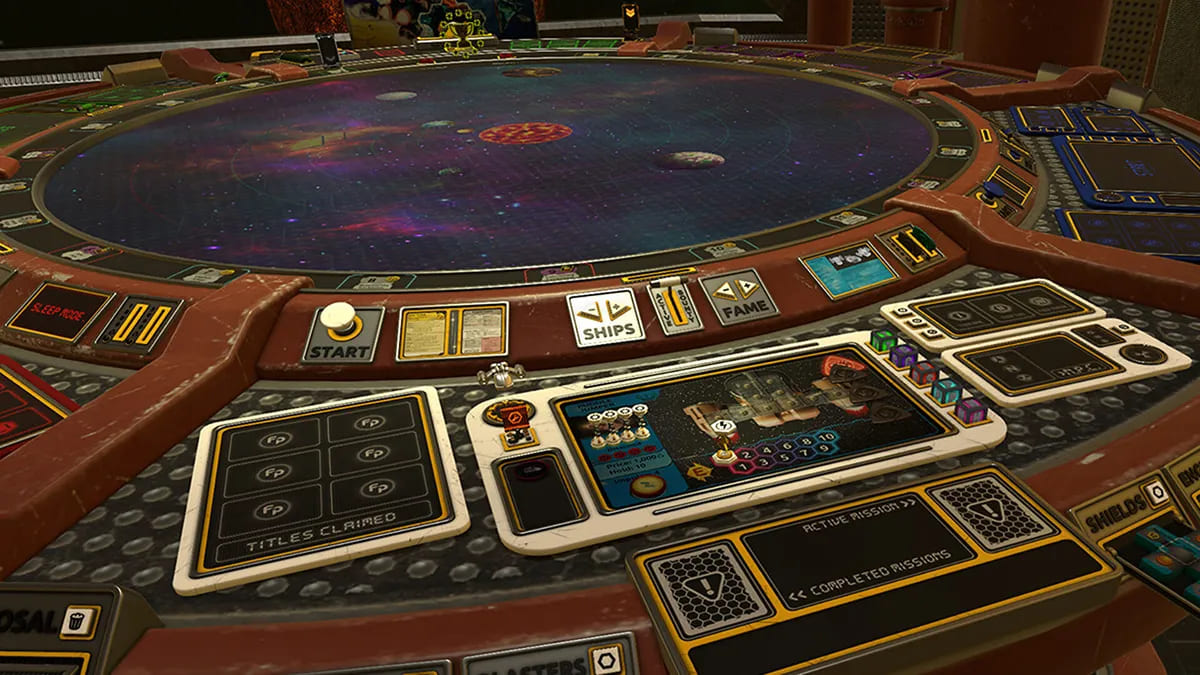
When the game ‘Second Life’ was first introduced, many non-gamers found it hard to imagine why people would want to immerse themselves in an alternate version of reality. Anyone who has actually played a simulator game, however, understood the appeal of games in which they can behave recklessly with no consequences. For many people, the appeal of simulator games lies largely in the control that they have – depending on the type of game, most elements are customizable, from the way your on-screen avatar looks to the surroundings in the background of the action. With clear rules about how the game responds to the player, it is possible to create scenarios with largely predictable outcomes, and this type of escapism is hugely reassuring and fun for many people.
There are a number of different types of simulation games, including:
Racing game – players can choose a car, add special features, and then race around, avoiding obstacles and completing challenges without ever having to worry about their insurance premiums going up or getting a speeding ticket. Some games include familiar environments based on real-life streets so that players can have all the fun of speeding around downtown Los Angeles or whizzing alongside canals in Venice, just for the added appeal of playing in a familiar environment.
Shooting games – most people will never wield a gun, but that doesn’t stop them from wondering whether they would be a good shot or not. Shooting simulators are the perfect way to find out if you’re a crack shot without having to endure any safety briefings and avoiding the risk of recoil bruises.
Real-life scenarios – whether it’s running a sushi restaurant, delivering papers, or managing a shop, there are plenty of simulator games that give players the chance to enjoy a completely different career. Without the pressure of bank loans and liability insurance, it can be hugely satisfying to run a business that grows at a rate commensurate with the time you spend completing various tasks.
Games simulators – while it may seem counter-intuitive to play a simulator that replicates another game, digital versions of traditional favorites such as poker games, monopoly, and even solitaire are all popular. Many of these games make good use of non-player characters to ensure that you always have people to play against, providing the excitement of competition, but within a more predictable framework where you can learn how they behave and tailor your moves accordingly.
Most popular simulator games
One of the forerunners for the more popular simulator games of the present day is The Sims – a game that took simulators to the mainstream by providing so many different options for players to explore. The original version, released in 1991, was described as a ‘virtual dolls house’ with so many customizable options that it captivated players’ imaginations immediately. Such was the popularity of the genre that it has spawned a number of similar games, allowing players to learn what happens in a variety of scenarios, from blowing up the entire planet with a laser to power-washing all the houses in their neighborhood. As technology improved and studios had access to better graphics and sound, the games became more realistic, allowing for even more variations in the games available and making them even more appealing to players.
Animal Crossing is another simulator that has taken the world by storm, with many fans praising the non-violent and collaborative nature of the game. As a so-called ‘social simulator’, it allows players to engage in a number of activities such as fossil hunting, fishing, and tending a garden. Because it was so radically different from the traditional games that focused on competition and/or violence, Animal Crossing earned millions of fans all over the world, becoming something of a phenomenon, especially among those that wanted a less adrenaline-inducing game that was suitable for the whole family to play together.
As with most modern computer games, studios that create simulators put a lot of effort into working out what makes a game feel ‘playable’ to their target market. Players can complete tasks and get rewards in a linear manner, and this is particularly appealing for those that lack a sense of achievement in their real lives. Games are designed to offer rewards and advancement at set points to maximize the good feelings that the player gets when they have achieved their goals. Simulators are the perfect way to test out your skills in a low-stakes way and can be the perfect way to practice for anyone that wants to develop their real-world skills from the safety of a virtual environment.
Simulators are a popular way for players to enjoy a little escapism and spend time in a world designed to allow them to explore alternate realities in their spare time.